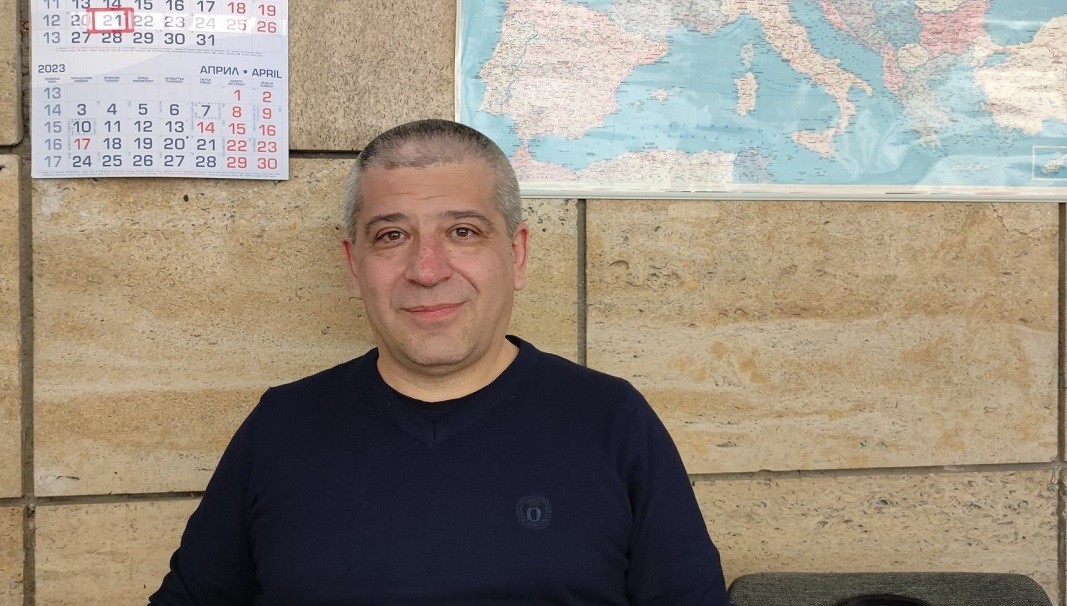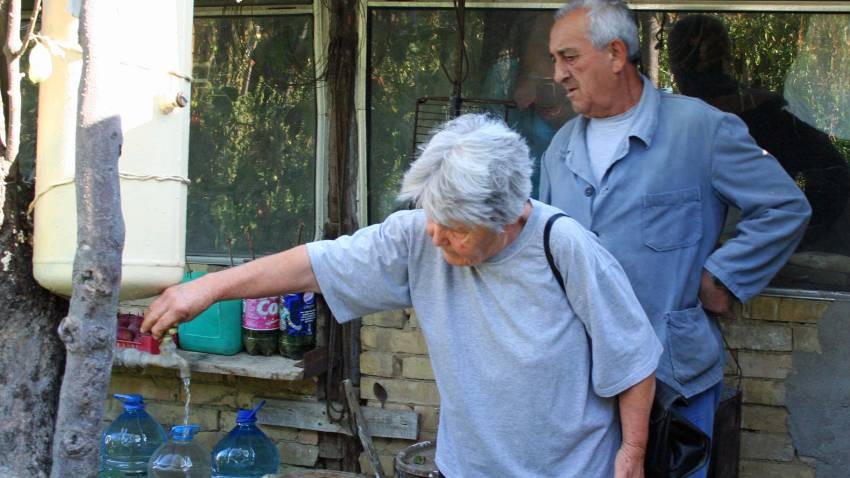

Edited by Elena Karkalanova
English version Rositsa Petkova
Photos: bwa-bg.com, Darina Grigorova, BGNES
The Bolhrad secondary school, named after Bulgarian revolutionary and prominent public figure Georgi Sava Rakovski, is the first Bulgarian secondary school abroad. The school is marking its 165 th anniversary. Even though the year of its foundation..
He is just a cat, but his fate has taken over social networks. About 10 months ago, on St George's Day, he appeared in the Plovdiv National Library "Ivan Vazov" and the librarians named him Gogo (short for Georgi). He immediately won their love...
Casa Bulgara or Bulgaria House is a top-notch eatery on the gastronomic guides of Sao Paulo – the biggest city in Brazil with a population of more than 12 million. The snack bar has existed for close to half a century at the same address, and is owned..
The 10 main risks are facing the country in the coming decade, shows a national expert study entitled "Ten years, ten risks for Bulgaria" , BTA reports...
Bulgaria is increasingly becoming part of the general trend and dynamics of European citizens changing their location. There are no..

+359 2 9336 661
